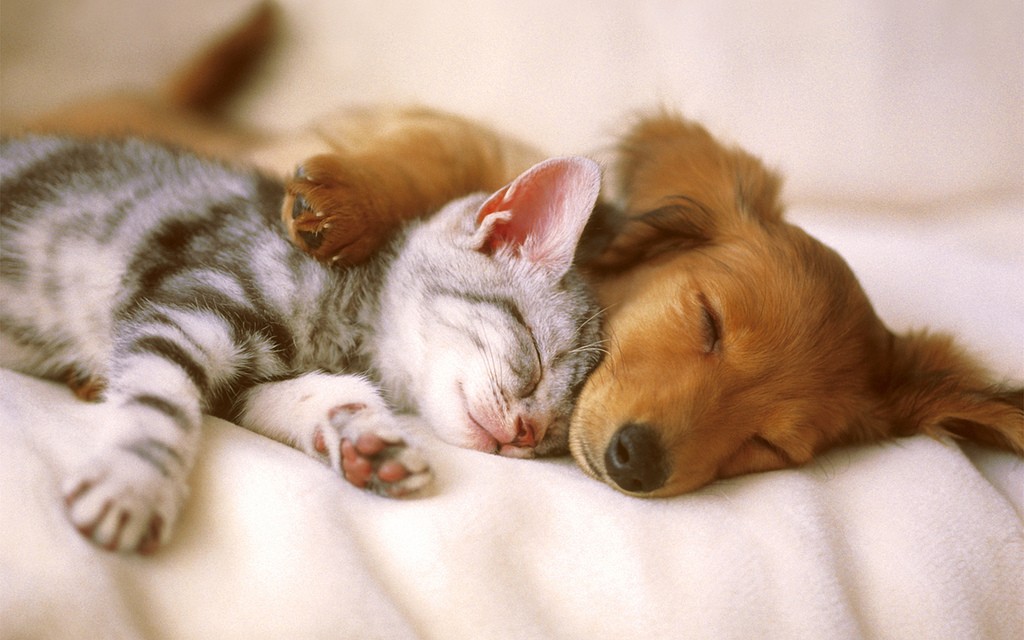
Anyone who has a pet, especially a dog or cat, knows perfectly well how difficult it can be keeping them in an apartment, especially in a condo or apartment building where not everyone is willing to accept them.
The official regulations of the condominium can help us resolve any dispute. Knowing the rules for pets where you live can help you avoid, or at least minimise the risk of, misunderstandings with your neighbours.
The law that regulates the rules for blocks of flats in Italy is no. 220 from 2012, which provides reform of previous regulations on the subject. The most important thing that’s new in this law in relation to pets is that no condominium regulation can prohibit the condominium owner from having a pet in their apartment.
What do we actually mean when we say “pet”?
It’s obvious that dogs, cats and parrots fall into this category, but if we talk about rabbits, ferrets or even snakes... what does the law say?
The apartment regulations could prohibit the possession of such exotic animals, since they are not considered domestic animals under Italian law.
- The owner must always keep an eye on their pet to make sure it does not harm other people or the property.
- Pet owners should make sure that their animal does not soil the property and, if this does happen, that he or she takes care of the cleaning. Remember to always carry a bag with you, just in case.
- No condominium rule can prohibit pets from entering common areas; however, this freedom is subject to certain rules.
- Dogs should always be kept tied up when walking in these public areas of the building and the leash can be a maximum of 1.5 metres long.
- Dog owners must always carry a muzzle with them, just in case they have to use it.
Requirements for pet owners in Italy:
- It is obligatory for dogs to be registered in the Anagrafe Canina (dog registry) with their microchip identification.
- For both dogs and cats, vaccinations must be carried out for the most important and commonplace diseases.
- All pets must have a health card issued by a qualified veterinarian.
- It is important to take good care of the hygiene of the animal, its accessories and the space in which it lives (if you leave the dog on the balcony or on the terrace and the dog does its business there, make sure that any unpleasant odours don’t spread to the neighbours’ personal space).
- Many complaints in shared living spaces relate to barking dogs: some legal precedents have it that the owner of the animal is responsible for any disturbances their dog may bring to others when barking.
For a peaceful coexistence between people and pets in Italian properties, it is important to remember to always follow the regulations stipulated in the condominium bylaws and to try to be tolerant and respectful of others.